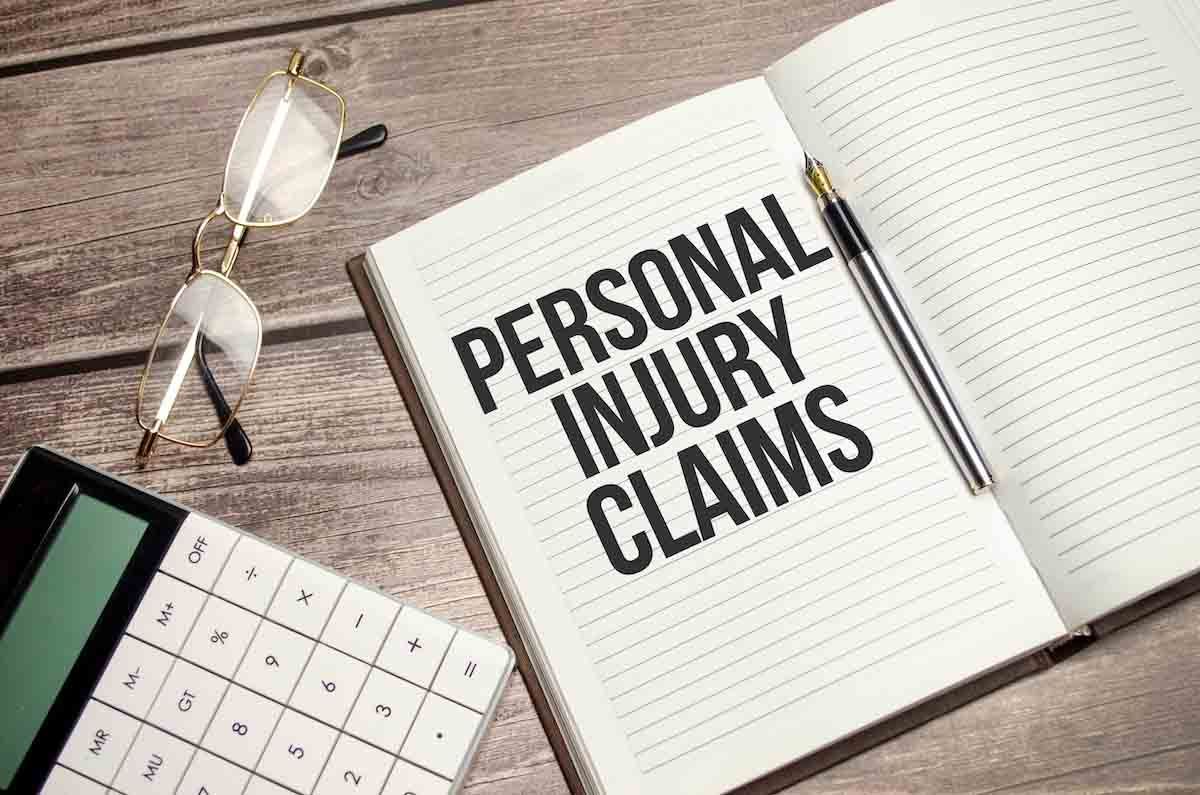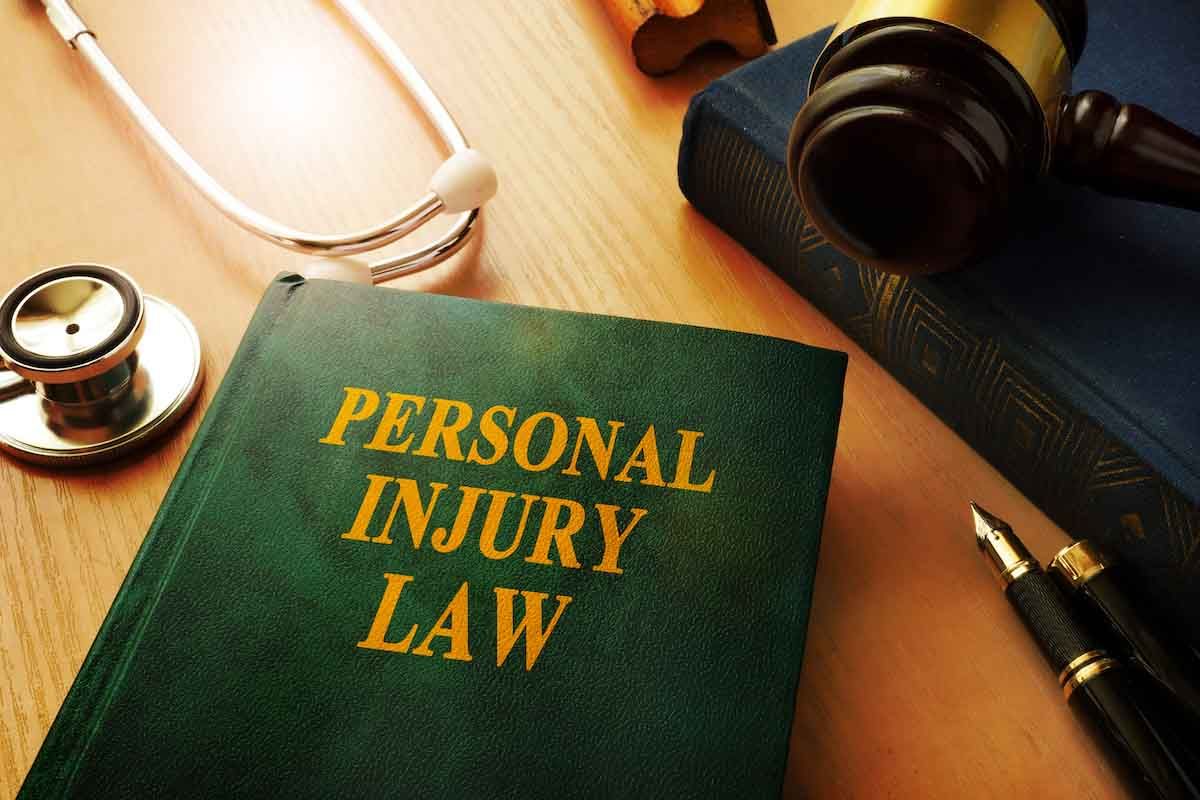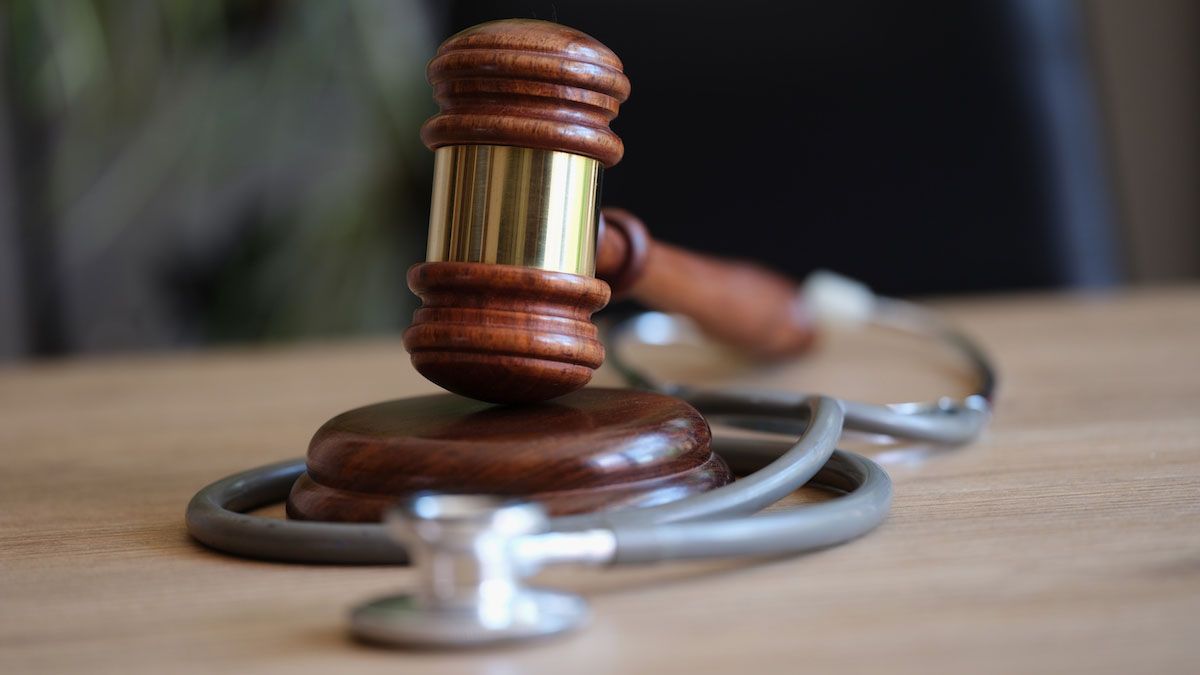What to Bring the First Time You Meet With Your Portland Divorce Attorney
If you’re considering getting a divorce, one of the first steps you should take is to meet with a Portland divorce attorney. This legal process can get messy, so it’s better to be safe than sorry. These attorneys, who practice family law, will provide an expert hand to guide you along this challenging path.
Read on below for a breakdown of the essential documents you should bring to your first meeting with a Portland divorce attorney:
Tax Returns
Your tax documents are beneficial in proving your income and financial situation, as well as your spouse’s. Be sure to bring at least the previous year’s tax returns, but bring two years of tax returns if possible.
Showing these documents will give your attorney a good idea of your finances. These documents will come into play if you and your spouse need to figure out payments like alimony and child support. And don’t forget to include W2s or 1099s.
Proof of Income
In addition to tax returns, bring other documents that showcase your income and your spouse’s. It will be helpful to your attorney to have the last three pay stubs for you and your spouse. Tax returns are crucial for demonstrating your income and finances, but pay stubs provide a more thorough breakdown, such as hours worked, rate of pay, and any bonuses or overtime.
Bank Accounts
Protecting your finances is one of the reasons you should meet with an attorney before officially filing for divorce. In many cases, it is also why you should consult with legal services before breaking the news to your spouse.
If you have assets you want to protect and are worried your spouse will try to hide them and any accounts; it’ll help to provide your attorney with the documented proof before taking any action.
Debts
You’ll need to bring documentation on all debts, including credit card debts and different kinds of loans, from car to student loans. Again, giving your attorney a complete picture of your financial situation as soon as possible is imperative. An experienced divorce attorney will also help you determine which debts are shared and which are solely yours or your spouse’s.
Types of Agreements
Not everyone has a prenuptial agreement, but if you signed one before getting married, it will surely come into play as you divorce. Show the contract and documents to an attorney, so they can determine what is and is not enforceable.
It’s a brilliant idea to consult an attorney before asking your spouse for a divorce. If you’ve been separated for some time or separation was already in the works, let your attorney know. If you have a separation agreement, bring those documents to your meeting. If you don’t have one, your attorney can help draft this agreement.
Mortgages or Deeds
Property division will usually come up in divorces. If you own property, bring the documents with information about any mortgages, deeds, titles, etc. Include any statements of monthly payments.
Investments and Retirement Accounts
Letting your attorney know about these accounts ahead of time helps to best divide them. If not divided properly, you may be subject to tax penalties. This can include IRAs, 401ks, or 403bs.
Medical Records
Do you or your spouse have any medical conditions that may influence a divorce case’s outcome? Are there medical conditions, mental health concerns, or debilitating illnesses that would affect one’s ability to parent? If so, bring along documents showcasing this in addition to the financial records. You will want to give a complete picture of your marriage and any details that could come into play and impact a settlement.
Significant Messages and Exchanges
If any records of specific interactions may help your case, including emails, text messages, and social media interactions, be sure to bring them. Bring along documentation of these if there’s any information enclosed that you think would be important.
While these are sometimes included because of inflammatory statements, they are also helpful in providing a snapshot of how you and your spouse communicate. Also, be upfront about any text message conversation or other interaction where you came off poorly. Trying to hide those won’t do you any favors. If you provide the information to your attorney ahead of time, they can help you figure out how to handle it. If not, you could be caught off-guard when your spouse brings this up.
Criminal Records
A criminal record is a very serious factor that your attorney should be aware of as soon as possible. Criminal records are important if your spouse has been abusive, if you ever had to file a restraining order against them, or if your spouse has been arrested or charged for something else.
A criminal record is one factor that can be incredibly important for determining child custody.
Additional Documentation
If you have any calendars or journals that have important information on them, bring those in as well. They may not be official documents, but they can provide proof to back up your side.
Any Important Inquires
Another important thing to remember is to use this meeting to ask any questions. Remember, these meetings are protected by the attorney-client privilege. Divorce is a personal process, but don’t hesitate to ask any questions you may have.
It is probably wise to look through a series of frequently asked questions before the meeting, so that you’ve covered the basics. Divorce attorneys are experts in this field, but more than likely, you haven’t had to go through this legal process before. So, it’s understandable that you won’t know everything by your first meeting. Don’t hesitate to continue asking questions to your attorney after this first meeting as well.
You can find more information on our Portland divorce attorneys by visiting our firm’s website at Warren Allen LLP. We’ve provided excellent legal services to the area for decades, and our experience and expertise will help your case find the most favorable outcome possible.









